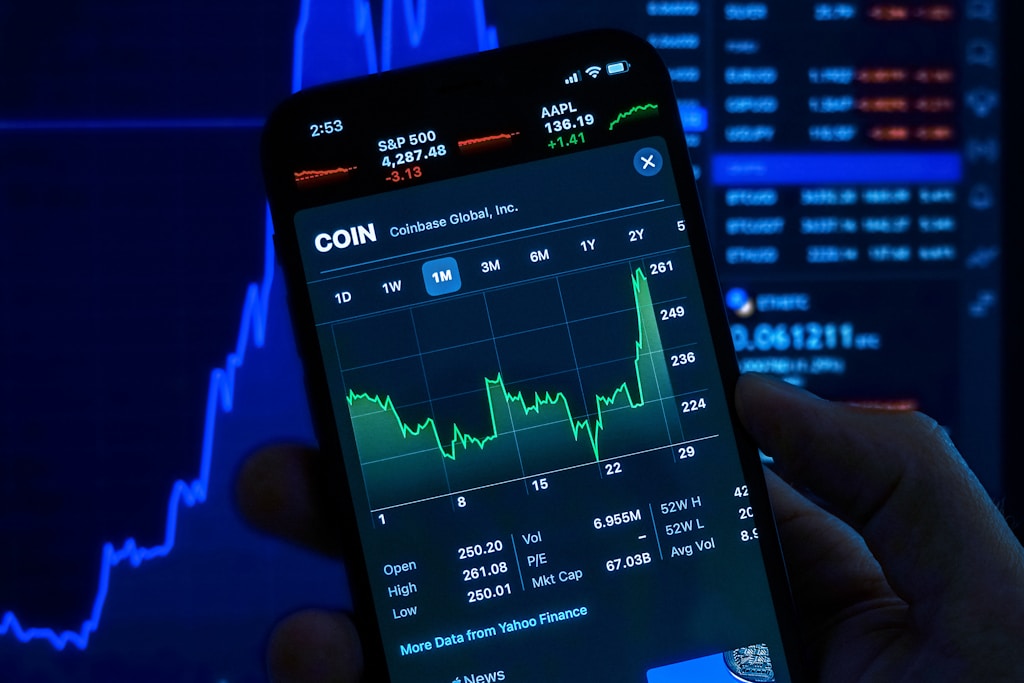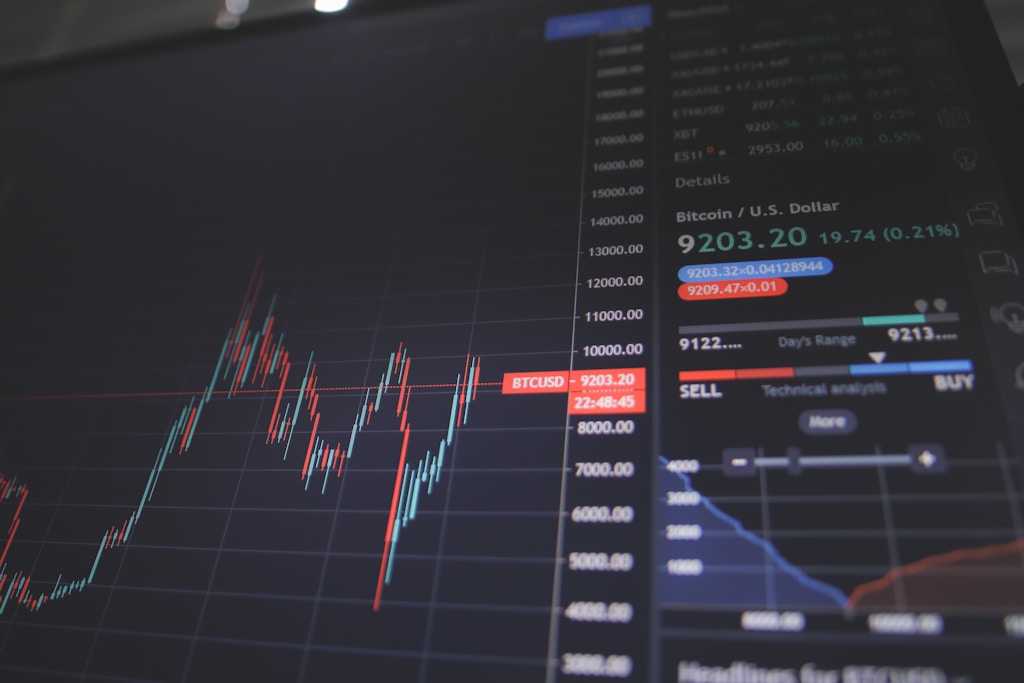DOJ Crypto Crackdown: $23M Seizure Targets Gotbit Market Manipulation
Reading Time: 8 minutes
The U.S. Department of Justice (DOJ) has intensified its crypto market manipulation crackdown, seeking forfeiture of $23 million in digital assets following Gotbit’s guilty plea. This landmark case highlights the growing regulatory scrutiny of artificial trading volumes and price manipulation in cryptocurrency markets. Recent developments in crypto regulation enforcement suggest a shifting landscape for market operators.
Key Takeaways from the DOJ’s Gotbit Investigation
- $23 million in cryptocurrency assets targeted for forfeiture
- Fake trading bot operations exposed
- Systematic token price manipulation scheme uncovered
- Significant implications for crypto market integrity
Understanding the Gotbit Market Manipulation Scheme
Gotbit’s operations involved sophisticated artificial trading mechanisms designed to create false market impressions. The firm utilized automated trading bots to manipulate token prices and generate artificial trading volumes, deceiving investors and market participants.
Impact on Crypto Market Regulation
This enforcement action represents a significant milestone in the DOJ’s efforts to combat crypto market manipulation. The case sets important precedents for future regulatory actions and demonstrates authorities’ growing technical capability to track and prosecute digital asset fraud.
FAQ Section
What is the total value of assets being seized?
The DOJ is pursuing the forfeiture of approximately $23 million in digital assets.
How did Gotbit manipulate crypto markets?
Gotbit used automated trading bots to create artificial trading volumes and manipulate token prices.
What are the implications for crypto traders?
This case highlights the importance of due diligence and the risks of manipulated markets in crypto trading.
Market Impact Analysis
The Gotbit case has sent ripples through the cryptocurrency market, potentially affecting investor confidence and highlighting the need for enhanced market surveillance mechanisms.
Regulatory Outlook
This enforcement action signals a broader trend of increased regulatory oversight in the crypto space, with authorities worldwide stepping up efforts to combat market manipulation and protect investors.






